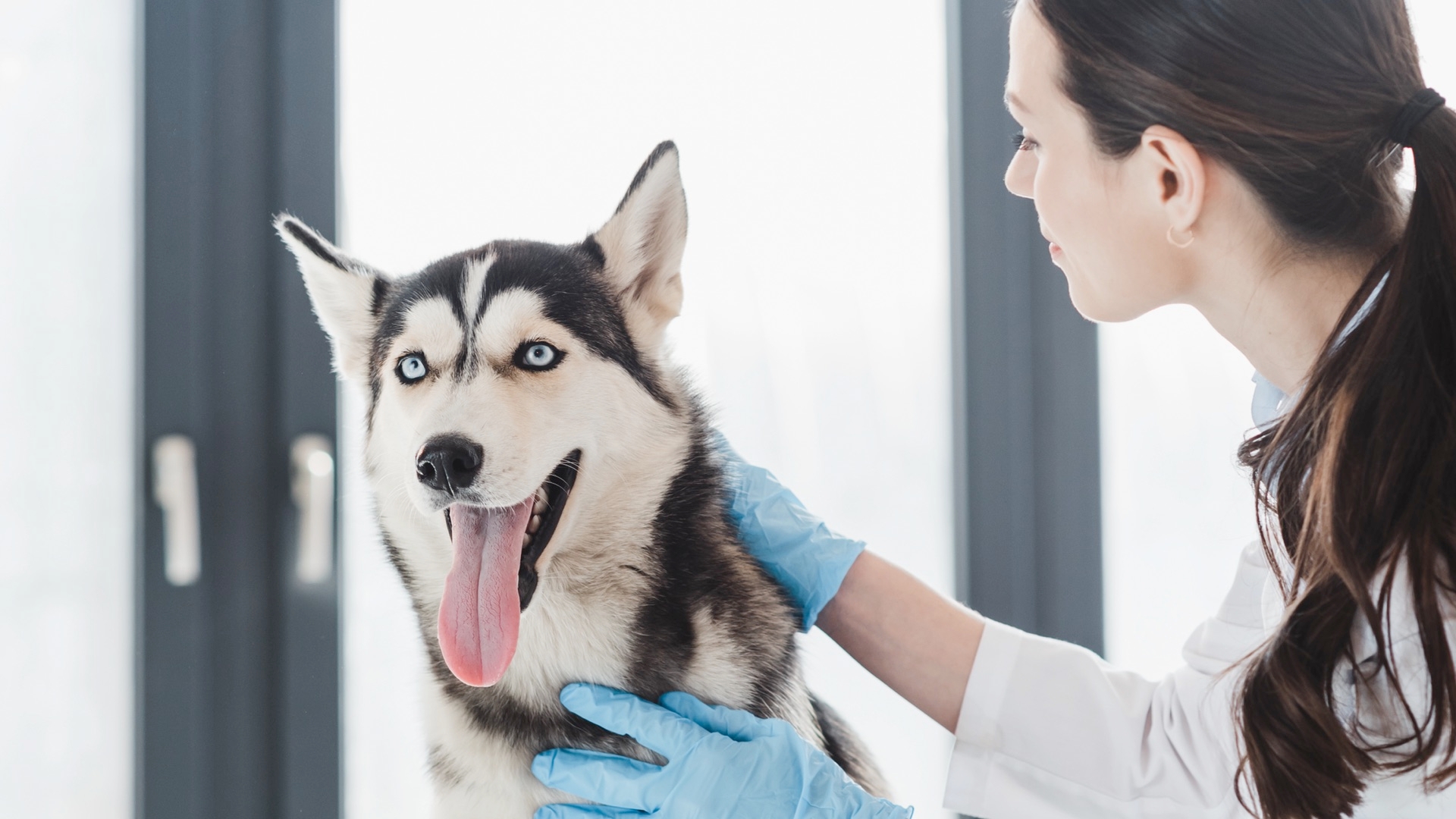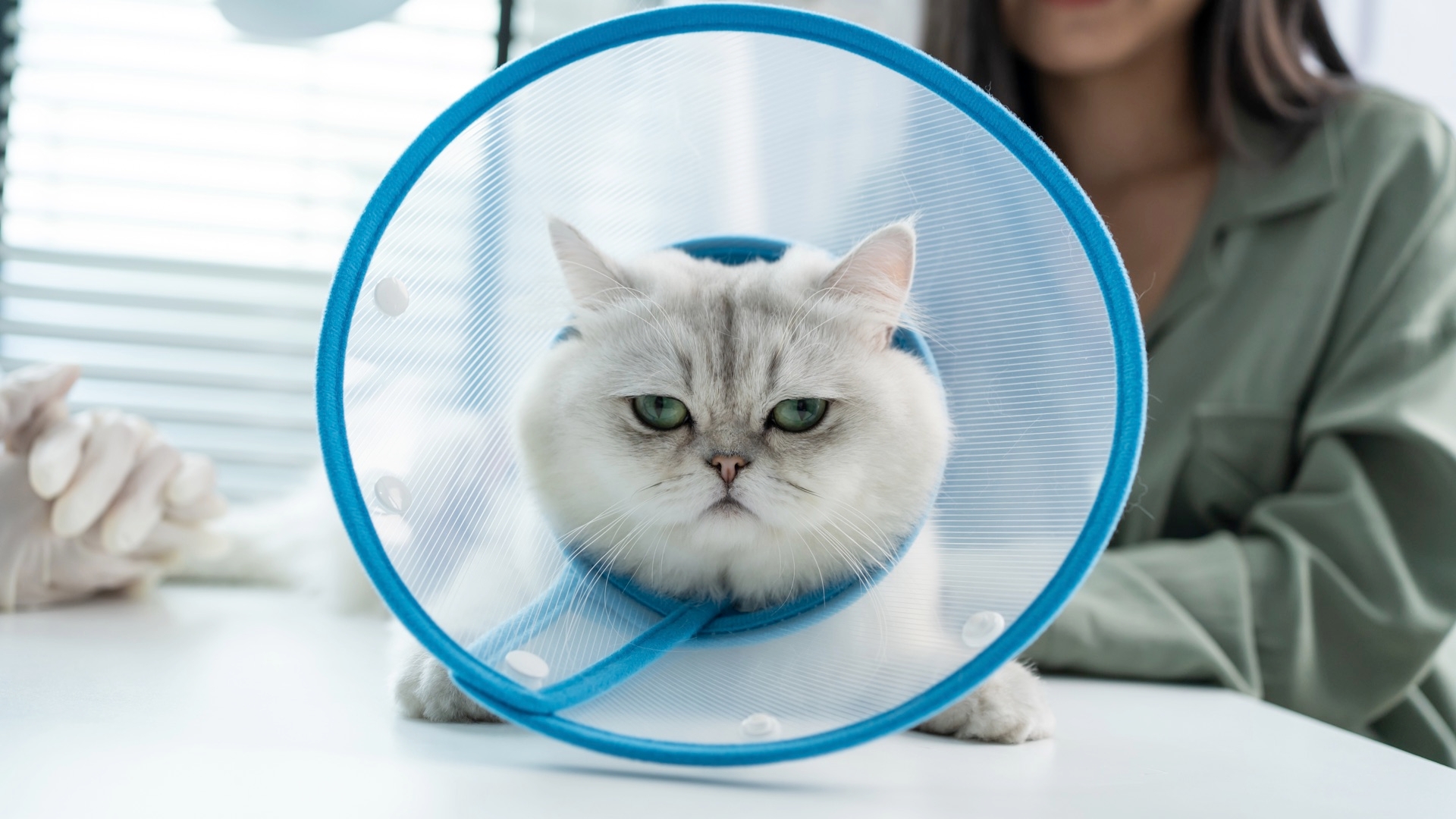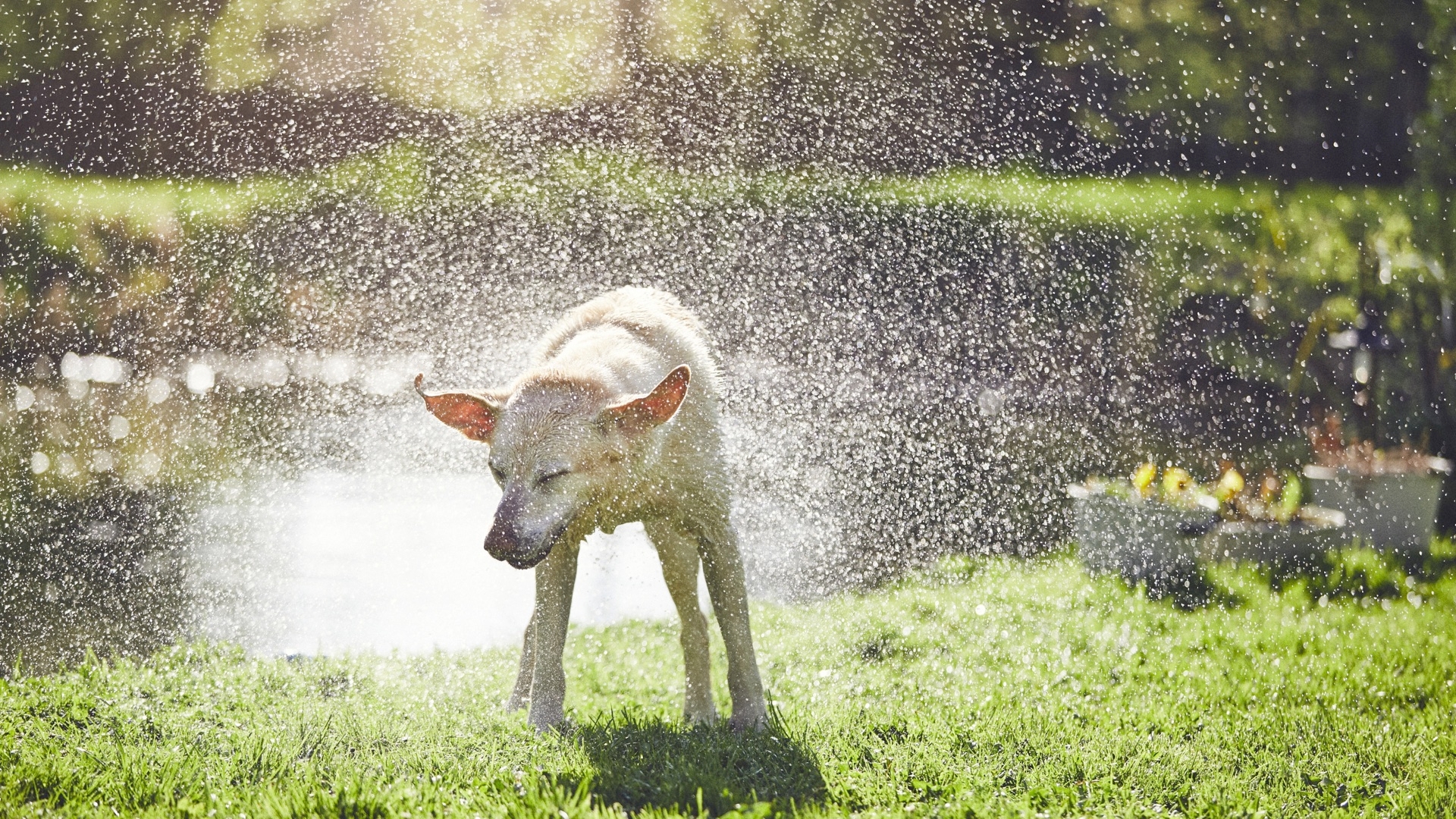Health:
The tag "health" relates to: canine, cat, dog, exotic, pet adoption, pet health, pets, responsible pet ownership, tips, and zoonotic diseases. For more tags, view our complete tag index.
The following blog entries have been tagged "health".
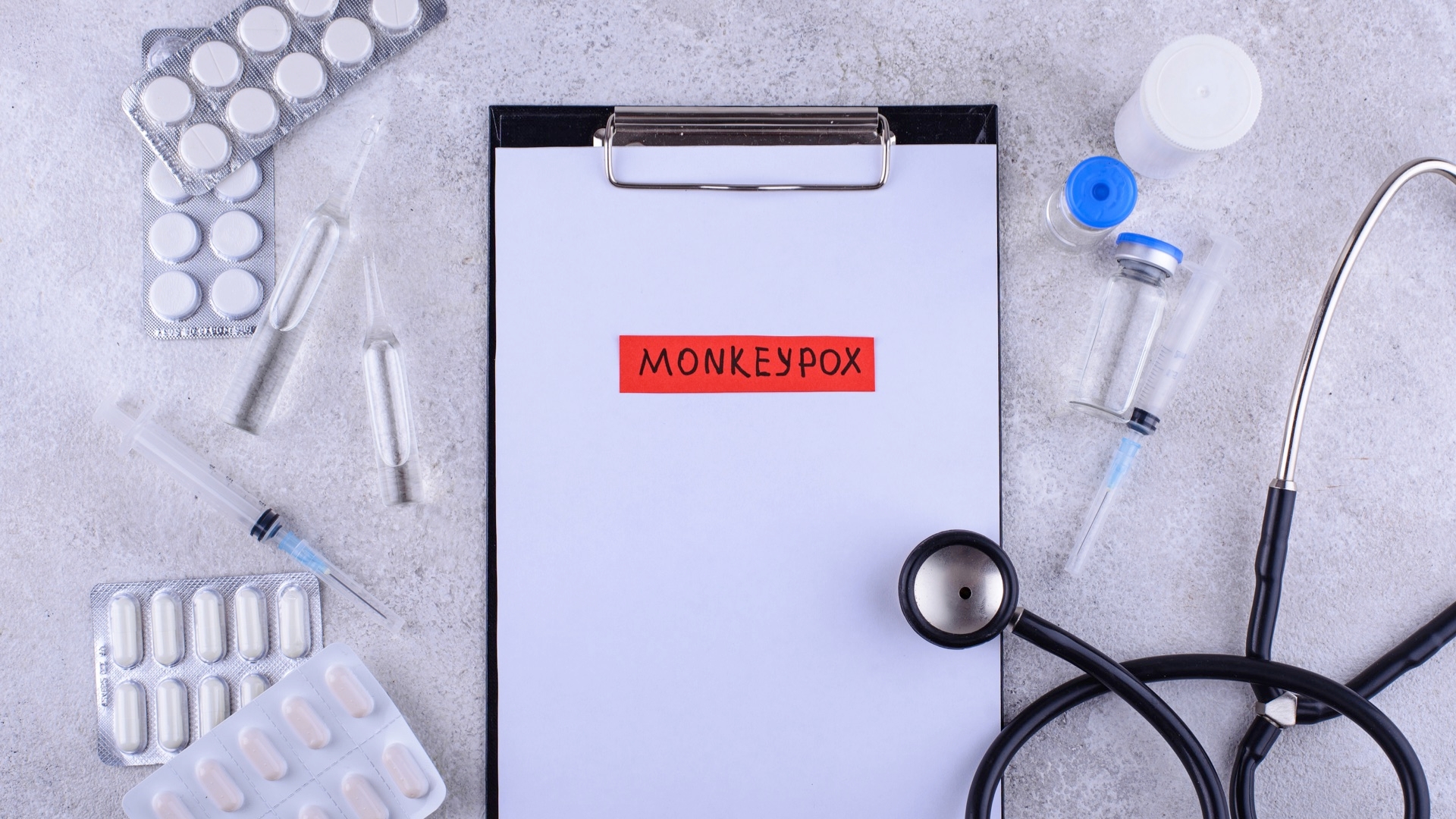
Infected animals can spread Monkeypox virus to people, and it is possible that people who are infected can spread Monkeypox virus to animals through close contact, including petting, cuddling, hugging, kissing, licking, sharing sleeping areas, and sharing food.
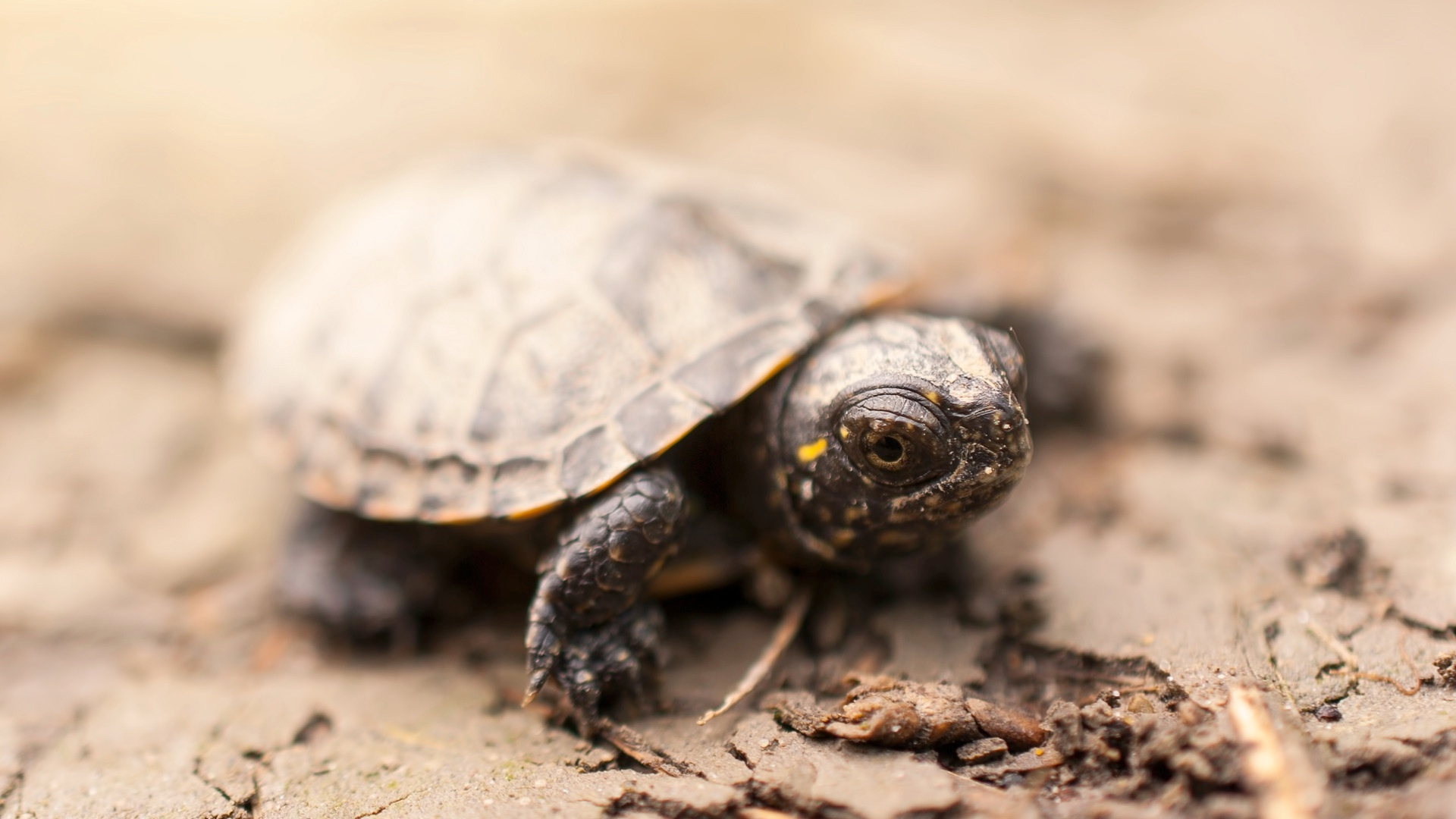
The CDC investigates many Salmonella outbreaks linked to pet reptiles. Among these outbreaks, tiny turtles have caused the most illnesses. In fact, the sale of tiny pet turtles has been banned in the US since 1975 because of the number of illnesses they cause and the risk to children. Although any turtle can carry germs, tiny turtles are especially risky because children are more likely to handle them and get sick.
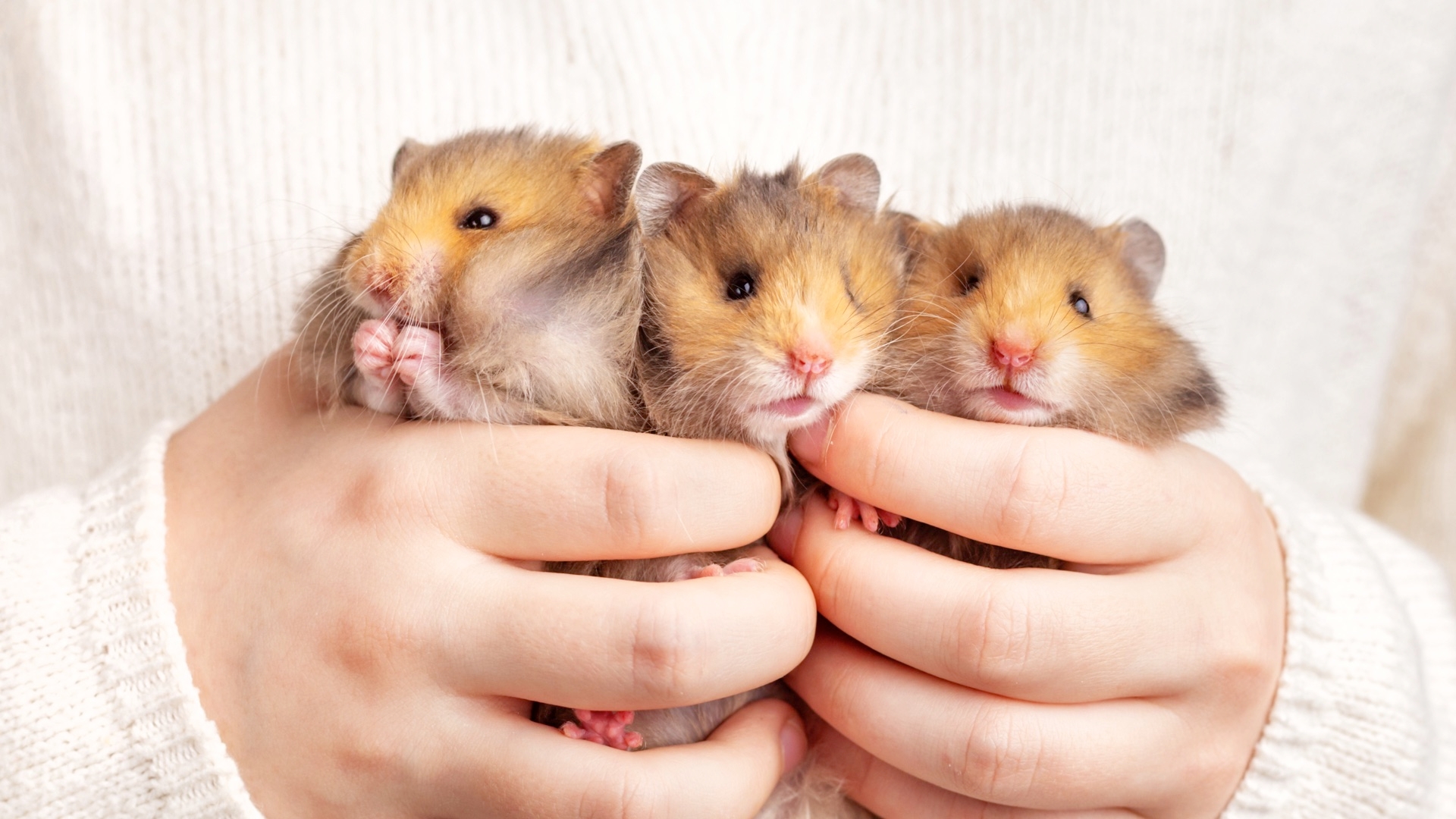
Have you thought about getting a small pet like a hamster, gerbil, or guinea pig? You may think small pets will make a good "starter" pet for your child, or that they're less of a commitment than other pets like cats and dogs. Despite their small size, owning one of these pets is a big responsibility!
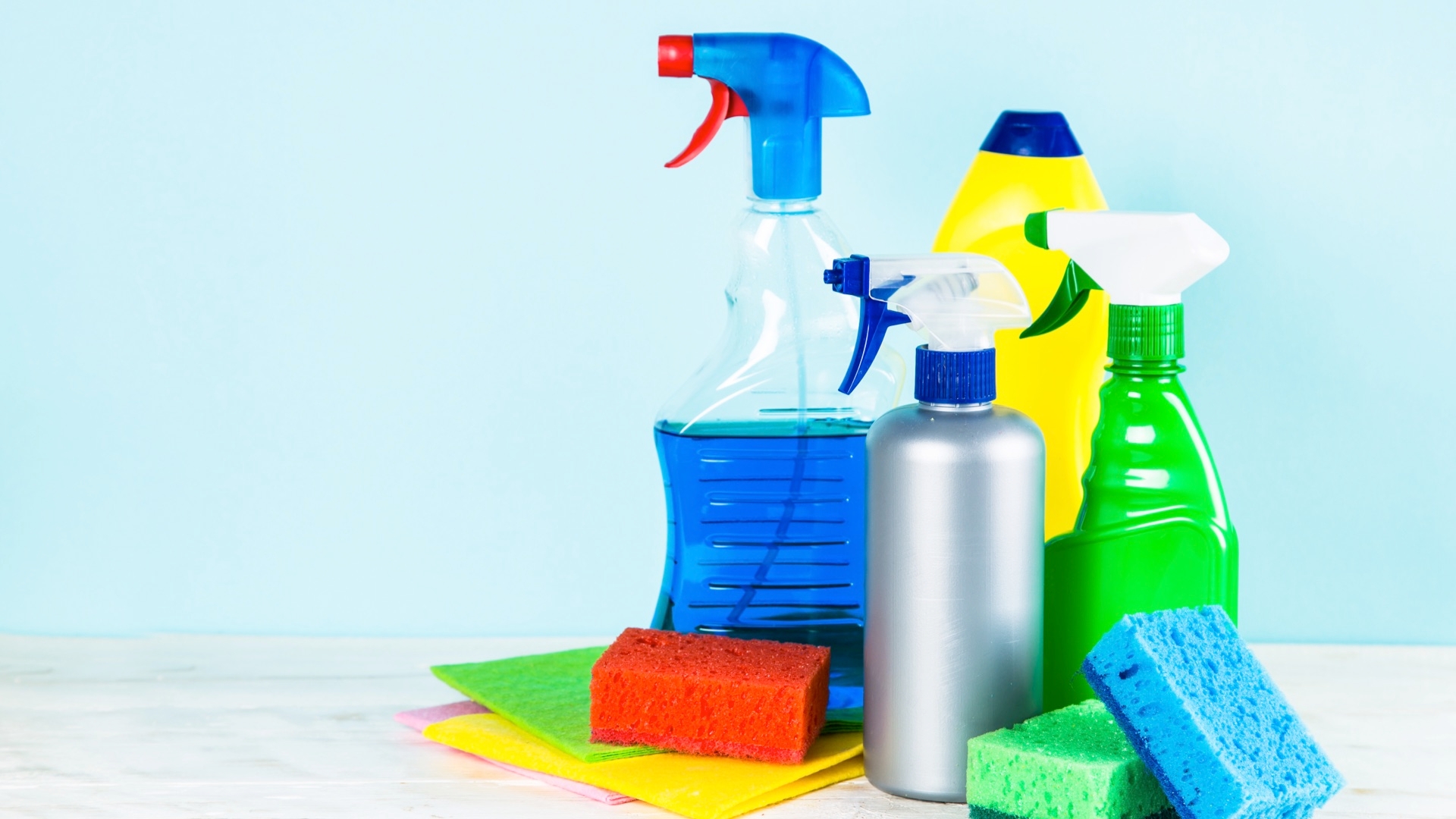
The animals that share our lives and homes rely on us for protection. Many common household products such as cleaners and pesticides could hurt a pet if not used and stored correctly. Keep all products out of the reach of pets. EPA encourages consumers to consider using EPA-registered biopesticides and products with EPA's Safer Choice label, which are generally less harmful.
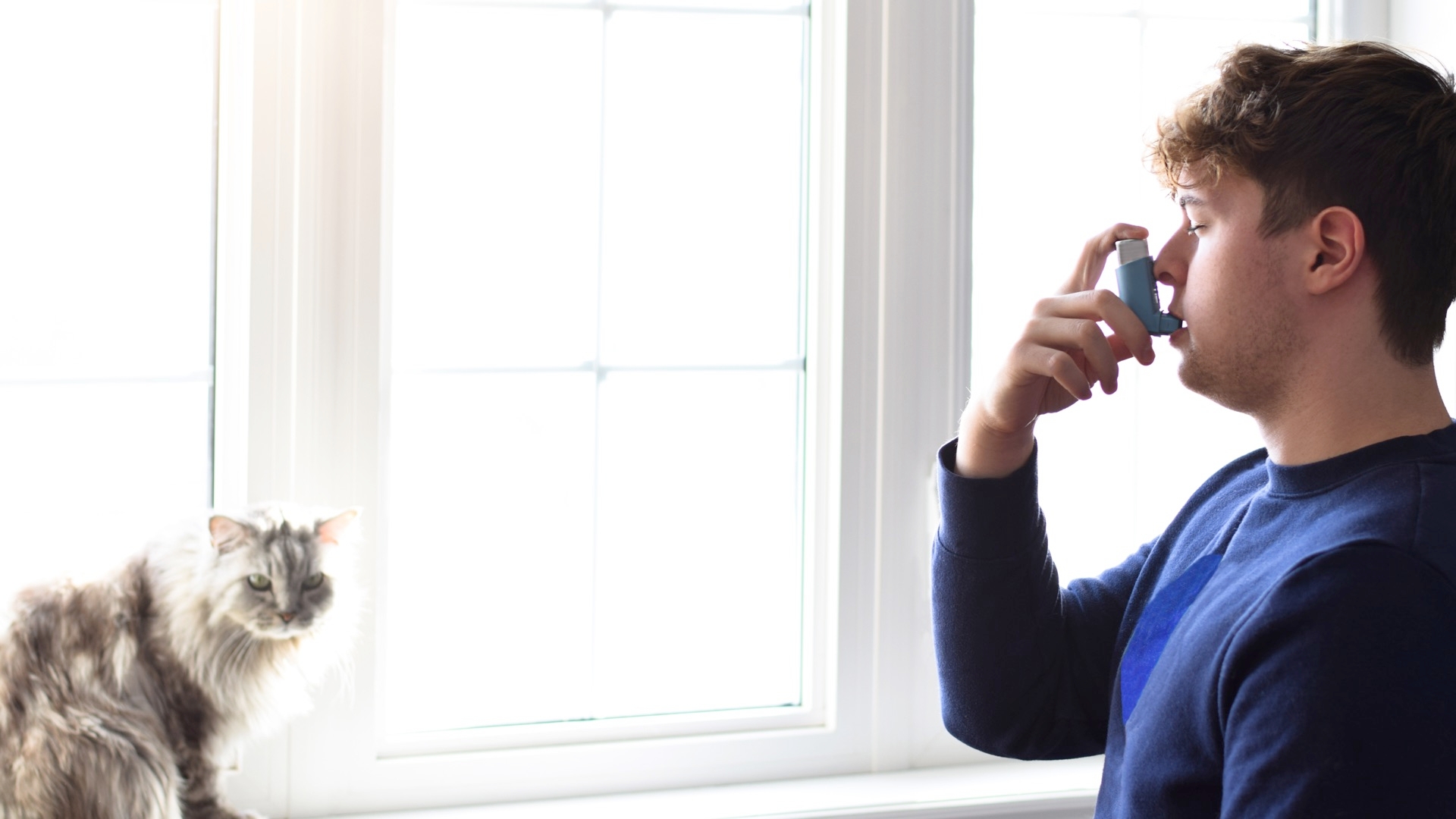
There are many health benefits of owning a pet. opportunities However, pets can sometimes carry harmful germs that can make us sick even when the pet appears healthy. The diseases people get from animals are called zoonotic (zoe-oh-NOT-ic) diseases. Below are some tips to help you and your family stay healthy while enjoying pets.
